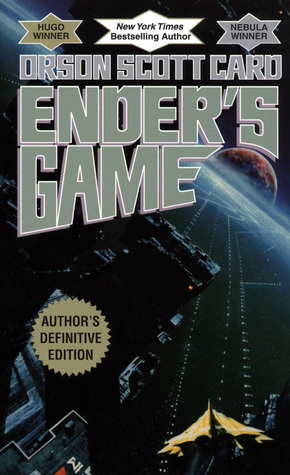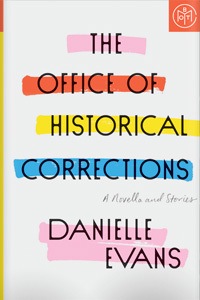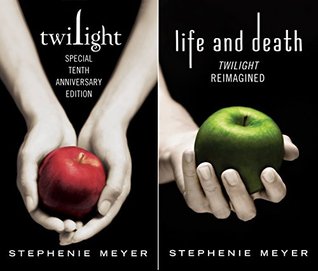
Ender’s Game
Author: Orson Scott Card
Edition: Paperback, 324 Pages
Date Read: September 19, 2020
Goodreads Synopsis:
Ender Wiggin is a very bright young boy with a powerful skill. One of a group of children bred to be military geniuses and save Earth from an inevitable attack by aliens, known here as “buggers,” Ender becomes unbeatable in war games and seems poised to lead Earth to triumph over the buggers. Meanwhile, his brother and sister plot to wrest power from Ender. Twists, surprises and interesting characters elevate this novel into status as a bona fide page turner (goodreads.com).
Should Lit Girls Read it?
In the end, I liked Ender’s Game, but it took me a while to get there. Orson Scott Card layers in a space adventure with a political commentary on the importance of childhood. Well, that’s my option at least. If you are a fan of science fiction then I would give Ender’s Game a shot, but this Lit Girl will be concluding her relationship with this series at book one.
Lit Girls Take:
(Warning Spoilers Ahead)
Ender Wiggin is a genetically engineered super genius and the third child in a world where each family is limited to two. Ender is also the savior of the entire human race. As a result, he goes to battle school (which is essentially the international space station) to be trained. 80% of the book takes place at battle school where Ender befriends and then loses classmate after classmate. Ender beats everyone in the school at the Game, which is a space battle simulation in Null gravity, as he becomes more and more famous. Oh, and he’s 6! Did I mention that for the entire book Ender is between the ages of 6 and 11? I don’t think a single child in this story is older than fourteen.
Ender is so good he moves up to command school, where they train the admirals of the space fleet. Here, Ender acts as the commander of all his former battle school chums in a different version of the Game. After reaching the limits of his mental and physical capacity, Ender finally cracks and blows up an entire planet.
Turns out that the last 15% of the book was a real battle, against the Buggers who seem to be some sort of insect like aliens who operate in a hive mind (think Stranger Things). A battle Ender had no idea he was fighting. He wins; saves humanity; and then all hell breaks loose on earth as the humans immediately start fighting one another again. The war on earth lasts a mere five days and, at its conclusion, Ender goes to live on an alien planet.
I decided to read Ender’s Game because I was continuously being told that I must read Ender’s Game. It was a Sci-Fi rite of passage that I had yet to undertake. Ultimately, I liked the book, but it took until page 295 of 324 to come to this conclusion. Admittedly, I am much more a fantasy person than sci-fi so that could be part of my bias here, but I like a story to have a purpose. I struggled with the purpose from beginning until end, and only with the big reveal did everything make sense.
I spent the first 250 pages struggling through the story wondering, hoping there would be a conclusion. Yes, I felt for Ender. He’s a sympathetic character who you really just want to hug, because no one ever does. Everyone in his life manipulates him due to his status as the chosen one. In a twist of dramatic irony, the reader is aware of his destiny from the beginning of the novel; well before Ender himself is told.
Now, I’ll hand it to Card, the turn of events in the final chapters are masterful. I had hoped that would be the case, but at the same time I didn’t, for Enders sake. Ultimately, that dichotomy allowed me to enjoy this story. I went through the ups and downs with Ender, felt what he felt and rooted for him. So, when the final test came turned out to be real all along, I felt relieved and betrayed at the same time.
The final chapter, where we learn the fate of earth, the buggers, and Ender was actually too short. I found the political posturing and scheme conducted by Enders older siblings to be fascinating, and yet completely unnecessary until the end. I also had hoped for more closure on the other students. Ender loved these characters, despite being kept apart from and above all of them.
This was a story of the manipulation of one generation for the benefit of another. A generation genetically designed to be superior and yet systematically oppressed; their choices limited, their childhoods denied, and their futures robbed. Specifically, Ender, who simply wanted to go home, but who could never escape the destiny laid out for him before his birth.
For a fan of space and science fiction Ender’s Game holds a lot of appeal. Despite my slog to get through the book, the end saved the story for me. However, I wouldn’t tell anyone you have to read it. I don’t believe it to be on the level of social importance that Fahrenheit 451 or 1984 are on, but I think there is still something to be learned from Ender Wiggin. Ender’s Game is a story that represents the power of childhood and innocence, and what humanity is willing to sacrifice to save itself.




